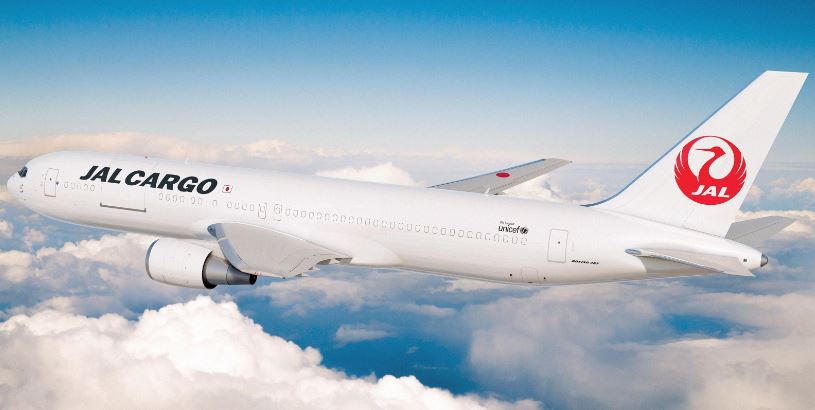Japan Airlines (JAL) Reenters Freight Market After 13-Year Absence

Japan Airlines (JAL) has announced a return to the freighter market after an absence of 13 years as it looks to capitalise on growing air cargo demand and a shortage of truck drivers.
The Tokyo-headquartered airline will add three Boeing 767-300ER freighters with operations due to start at the end of the 2023 fiscal year.
JAL said that it decided to operate its own freighters as it had plans to grow in the cargo and mail business.
“With the introduction of the freighter, a new business model will be established to ensure stable and growing demand,” JAL said.
“In addition, we will strengthen our air transportation capabilities to meet the logistics needs arising from the [shortage of truck drivers in Japan] and contribute to solving social issues based on logistics.”
A law change coming into force in April 2024 will limit the yearly overtime work hours of truck drivers to 960 hours.
The freighter service will also target domestic and international e-commerce volumes, other high-growth cargo and limit business risks caused by fluctuations in demand and market conditions.
JAL also aims to build partnerships with logistics partners.
“We will begin operating international flights mainly to East Asia, and in the future operate domestic flights to improve aircraft utilisation while maximising the cargo loading ratio,” the airline said.
“Furthermore, we will respond to customers’ needs by flexibly offering charter and non-scheduled flights. “
Since leaving the freighter market in 2011 when it retired its Boeing 747-400 freighters, the carrier has offered cargo capacity on its passenger flights and by chartering other companies’ freighters.
Also JAL’s low-cost carrier unit, Spring Japan, recently formed a partnership with forwarder Yamato Holdings to launch a domestic freighter network due to start in April 2024 using A321 freighters.
This service also aims to combat the expected trucker shortage.
For the last fiscal year, JAL reported a 3% year-on-year increase in cargo revenues to Y225bn.
